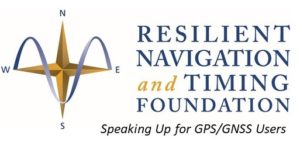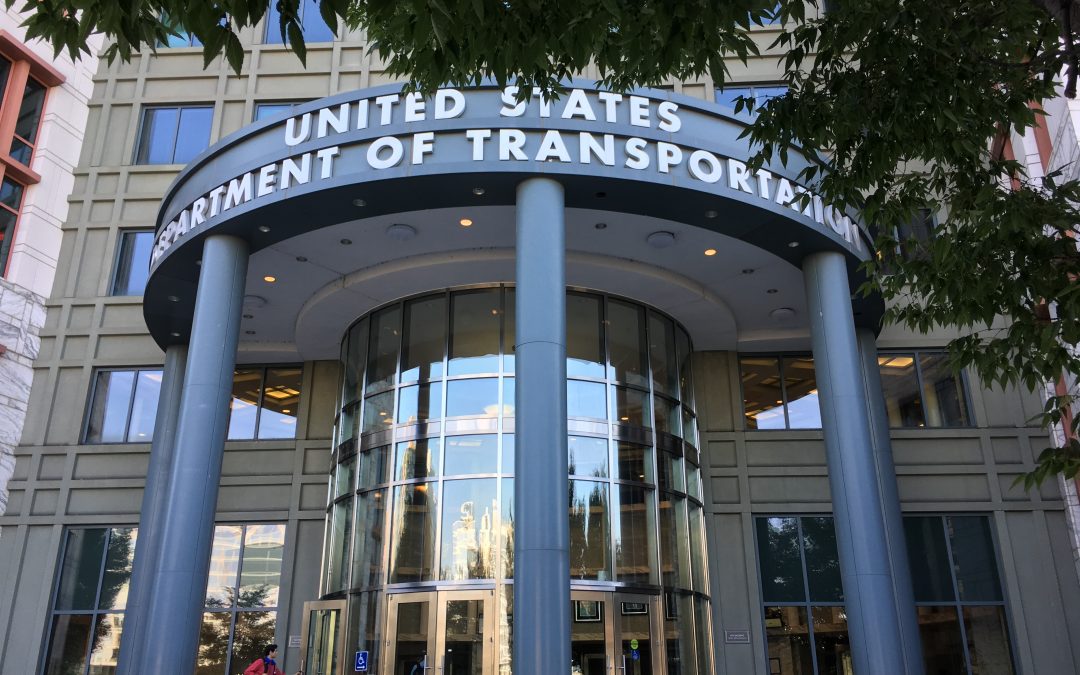
RNT Foundation Report
Innovation Beyond GNSS – US DOT
Speaking at a European symposium last month, the US Department of Transportation official responsible for civil positioning, navigation, and timing (PNT) issues discussed how her organization was striving to both safeguard the use of GNSS services and ensure other navigation and timing sources were available for users.
Diana Furchtgott-Roth, Deputy Assistant Secretary for Research and Technology spoke on “Innovation Beyond GNSS.”
In her talk she described the imperative driving her organization saying “National and economic security and safety are, and must remain, our top priorities. GPS cannot be a single point of failure for transport and other critical infrastructure.”
 Her comments were made at the annual “industry days” event sponsored by the European Space Agency’s (ESA) Navigation Innovation and Support Programme, or NAVISP.
Her comments were made at the annual “industry days” event sponsored by the European Space Agency’s (ESA) Navigation Innovation and Support Programme, or NAVISP.
The European Commission has long recognized that signals from space alone are not sufficient to support mission critical and safety of life application. ESA formed NAVISP “…to look beyond the current programmes, developing new ways to acquire and make use of navigation data.”
Furchtgott-Roth validated the NAVISP premise by listing “The need to augment GPS capability through use of alternate PNT technologies” as the first of three PNT focus areas for her department.
She then discussed DoT’s on-going GPS backup technology demonstration project and the eleven companies selected to participate.
As the conference was in the Netherlands, the fact that the first company on her list was OPNT BV of Amsterdam did not go unappreciated by the audience.
While discussing non-GNSS initiatives, Furchtgott-Roth also acknowledged the on-going and central role of GNSS, and particularly GPS. She cited the pride the U.S.is taking in upgrading its constellation to GPS III and accuracy improvements available with “dual frequency.”
This means that continuing efforts to protect GNSS frequencies from threats like adjacent band interference, and to encourage use of more resilient receivers are essential.
Efforts toward connected vehicles and autonomy make all of these efforts that much more important, she said. Particularly considering how GNSS spoofing has gone from being viewed as an unlikely threat, to a capability the University of Texas has repeatedly demonstrated.
The US Department of Transportation sponsors thirty-seven University Transportation Centers. Many of these will be focusing on research to help ensure GNSS and PNT resilience and reliability. These include “Two projects of note: We plan to evaluate the performance and resiliency offered by fusing navigation data from GNSS and other sensors. We will also collect data using automotive grade integrated GNSS/INS and other sensors in a GPS spoofed and jammed environments to assess the resiliency of such systems.”
Describing these efforts as addressing global concerns, Furchtgott-Roth expressed her desire for broad international cooperation and information sharing. “I hope our conference here will yield inspiration and knowledge useful to this all-important global technology, more information sharing on the threats, their nature, impacts and mitigations, and more fruitful communication in our larger Position Navigation and Timing community.”
The full text of Deputy Assistant Secretary Diana Furchtgott-Roth’s speech is available here.


